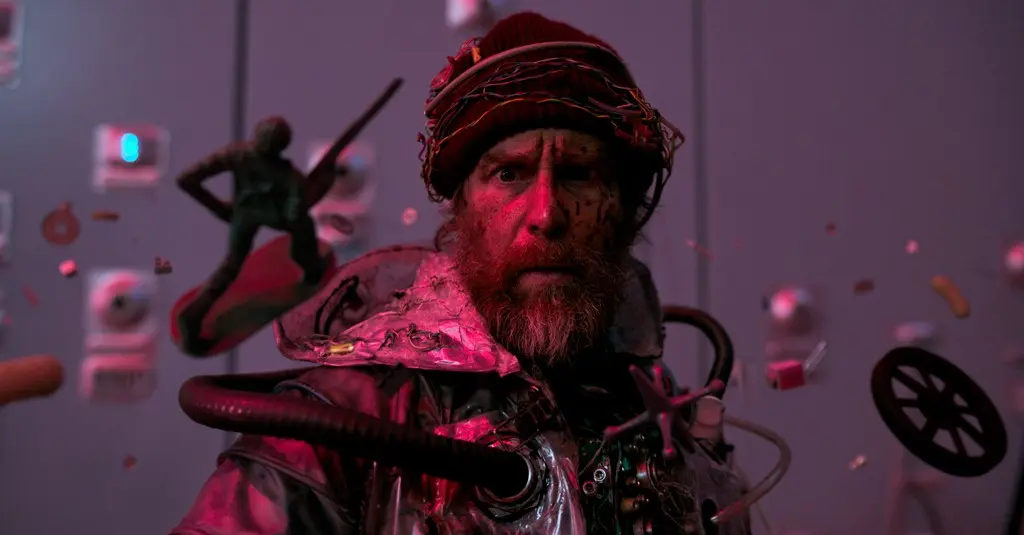PG-13 | 2h 27min | Drama, Satire, Western, Adventure | 23 December 1970 (USA)
A “revisionist Western” yarn, “Little Big Man” is told in flashback by the 121-year-old Jack Crabb (Dustin Hoffman) who, as the movie starts, is being interviewed by a historian (William Hickey) searching for true tales of the Old West.






